Noah’s Ark for the human microbiome?
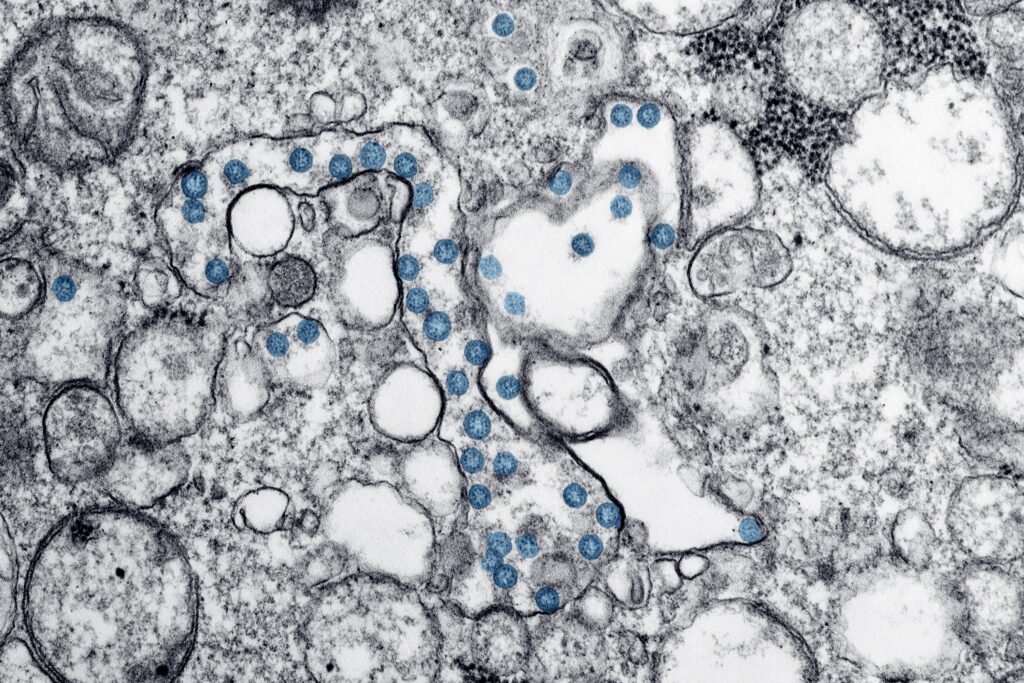
Our bodies are home to a vast ecosystem of bacteria, viruses and fungi, just as scientists are beginning to understand how this microbiome supports human health, features of modern life such as antibiotics and processed foods may be pushing many of our microbial residents toward extinction.
Now an international team of scientists wants to safeguard humanity’s long-term health by creating a Noah’s Ark for microbes. Drawing inspiration from the Svalbard Global Seed Vault, which protects the world’s crop diversity from natural or man-made disasters, the team proposes to create the Microbiota Vault to preserve collections of human microbiomes that could one day be used to prevent diseases.
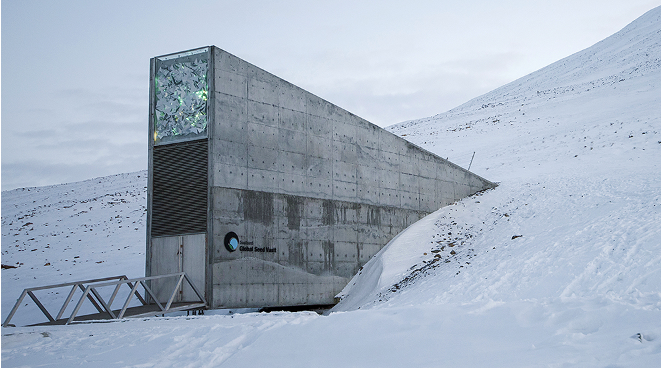
Studies, primarily in animals, suggest that a lack of a microbiome or a paucity of microbial diversity may contribute to a wide range of health conditions, from obesity and inflammatory bowel disorders to C. difficile infection and Lou Gehrig’s disease. Researchers suspect that many modern practices contribute to the decline of our beneficial microbial partners, including being born by C-section, following a low-fiber diet, and overusing antibiotics.
So the idea of the Microbiota Vault, first proposed in 2018, is that collections of microbiomes, many of which, would be maintained locally and stored in a back-up vault in a politically stable location, the feasibility report recommend Switzerland or Norway, possibly even next to or within the Svalbard Global Seed Vault. The research also suggests that specimens could be preserved by cryopreservation, cooling them to very low temperatures, as a backup, researchers should also consider using a less proven freeze-drying technique known as freeze-drying.

Funding for such an initiative is likely to come originally from research entities and philanthropic organizations, but could grow to include a larger portion of government funding once the project is more established.
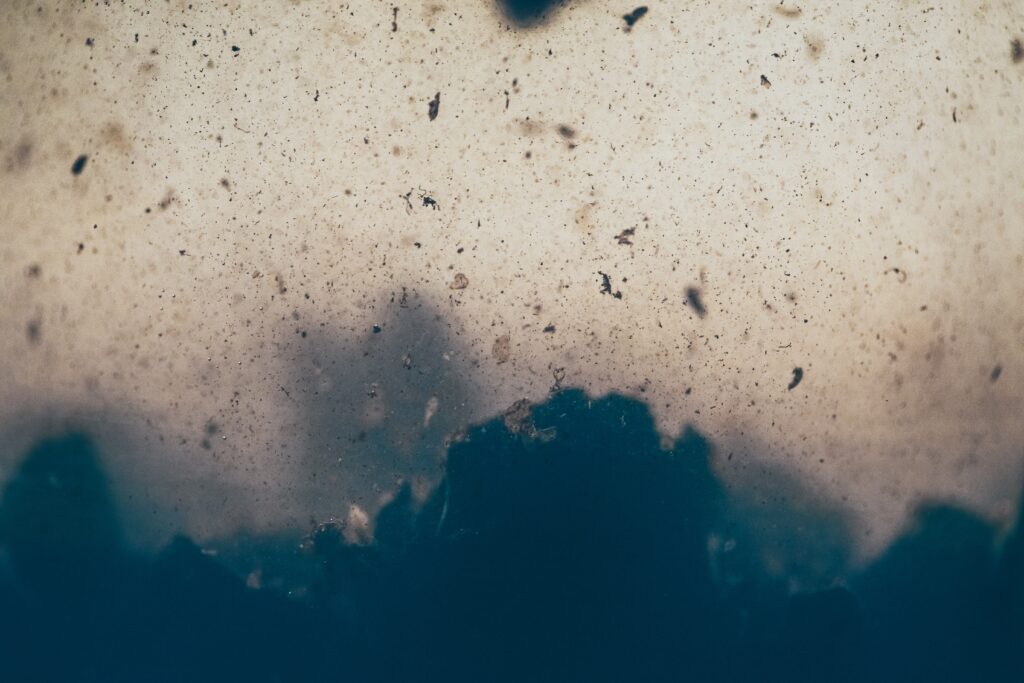
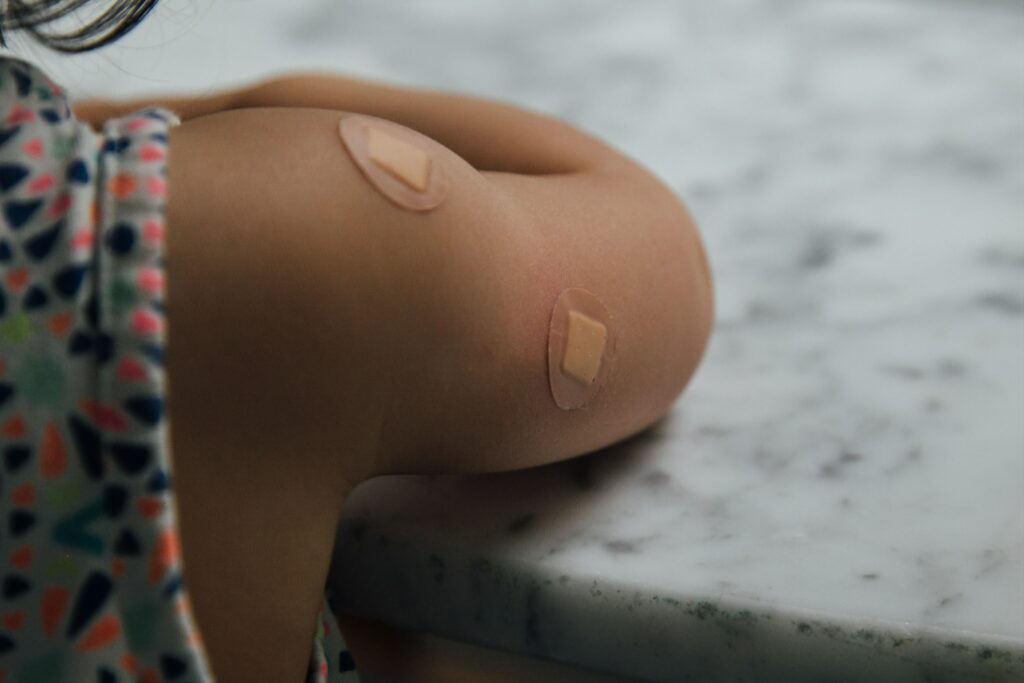

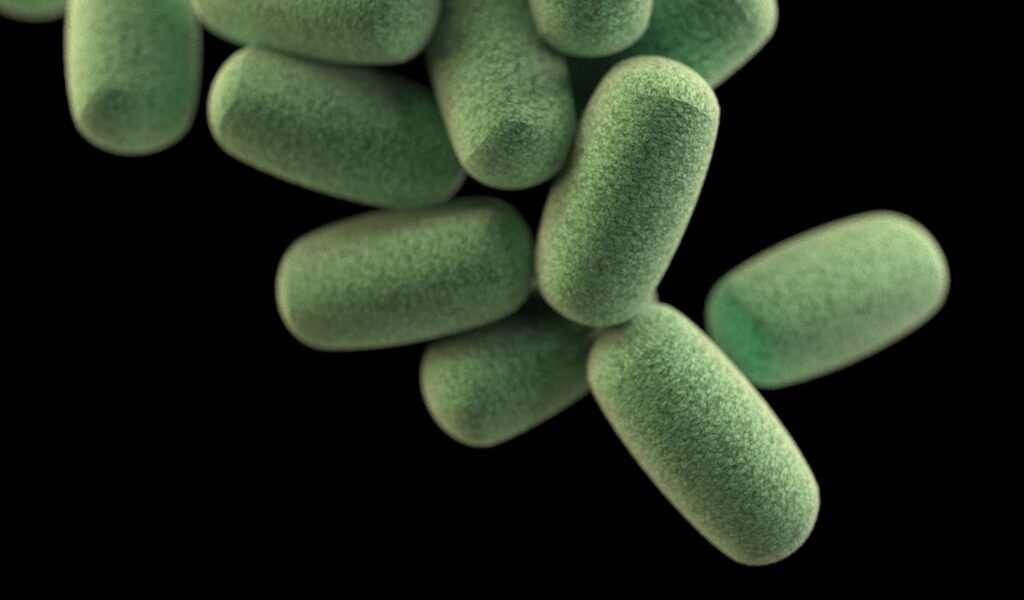
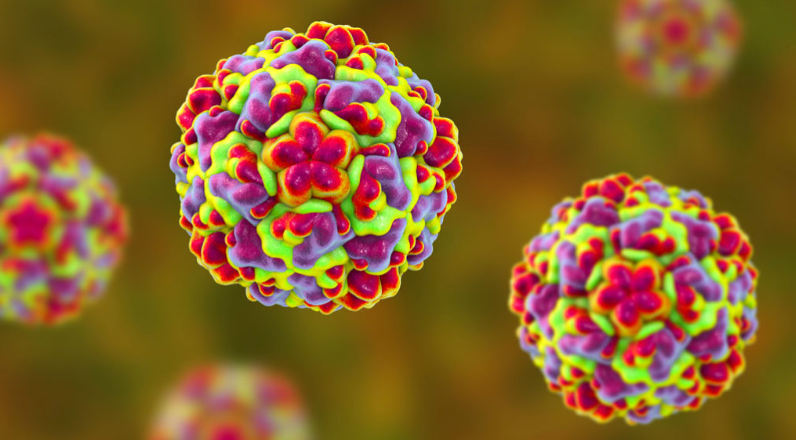
Responses